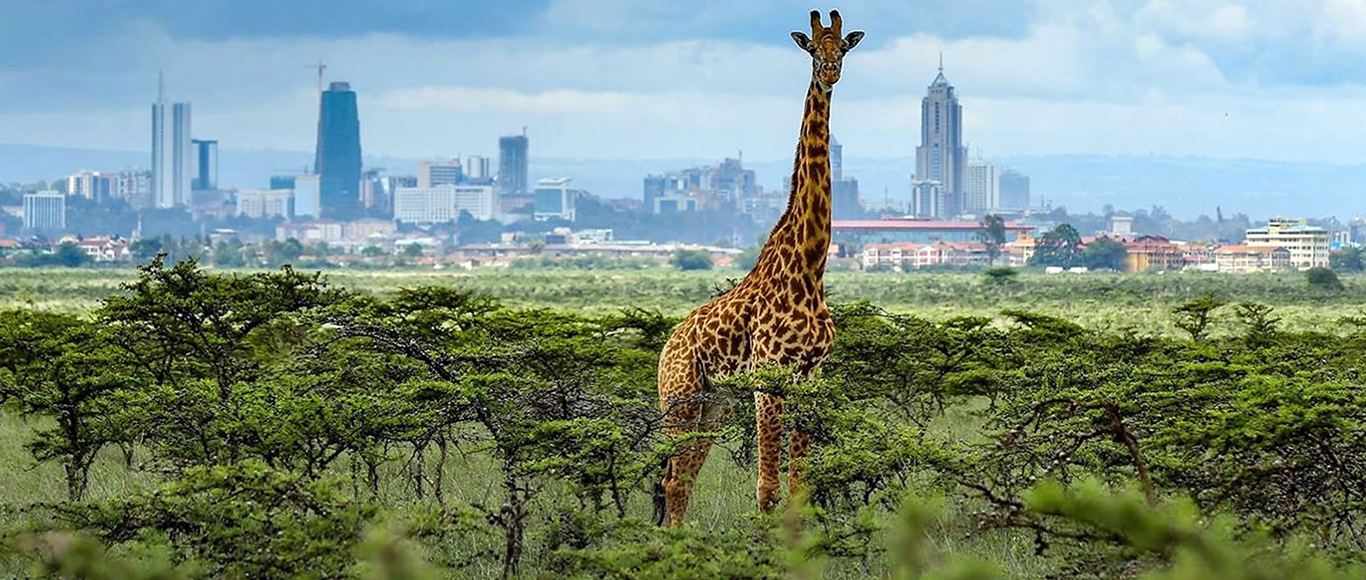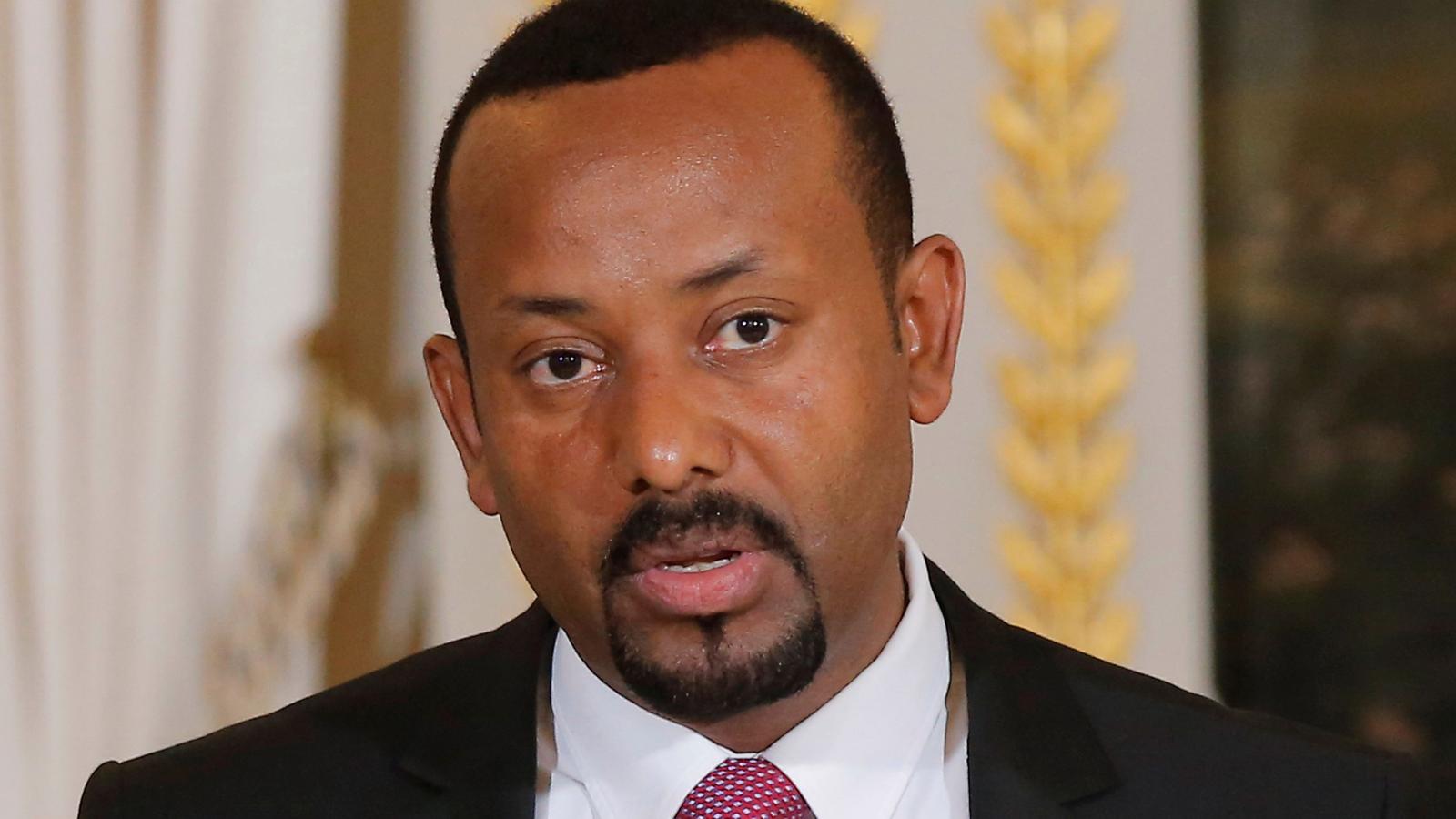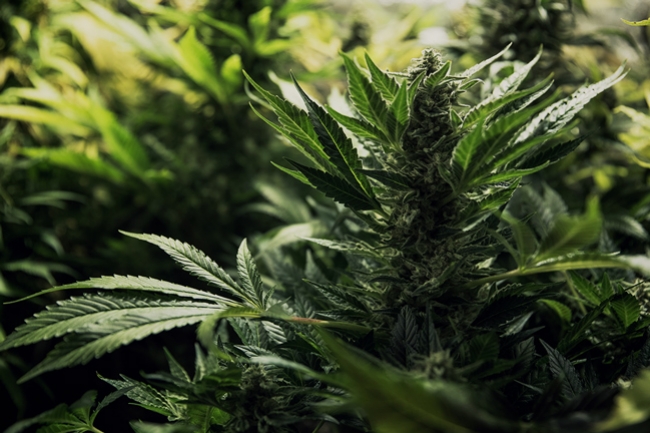Mozambique’s LNG is the Economic Game Changer
As Mozambicans await the results of the general elections, the incoming government is sure to benefit from the country’s second Final Investment Decision (FID) in the gas sector. In just two years Mozambique has officially positioned itself as a key player in the global gas and LNG market for years to come. The latest FID on the US$20 billion Mozambique LNG project makes it the largest ever in sub-Saharan Africa oil and gas. According to President Nyusi as this project is one of the most important and transformational projects in the country’s history and is set to be a game-changer for the nation of 31 million people.

According to Wood Mac, from the early 2030s state revenue from Mozambique LNG alone will reach US$3 billion per annum, single-handedly doubling today’s revenue as calculated by the IMF and World Bank. And this is not the only mega-LNG project on the drawing board. ExxonMobil’s Rovuma LNG project, which envisages a 15 million tpa two-train facility taking gas from its offshore area 4 block, is also lined up to take FID. Meanwhile, Italy’s ENI is already moving ahead with its 3.4 million tpa floating LNG facility, which will draw on 5 TCF of gas in waters more than 2,000 metres deep with first gas due in mid-2022. “With strong LNG demand growth out of Asia, now is Mozambique’s time,” said Jon Lawrence, an analyst with Wood Mackenzie’s sub-Saharan Africa upstream team, as news broke of the Anadarko FID.
With FIDs signed, the projects are now moving from the planning into the implementation phase. Hundreds of contracts are expected to be tendered for the construction, infrastructure and services needed to build and develop the megaprojects.
More recently, Mozambique Rovuma Venture (MRV) Area 4 operator decided to move ahead with the midstream and upstream project activities of over US $500 million as initial investments. These investments include activities such as the construction of the pioneer camp, the development of resettlement activities, the construction of the airstrip and access roads, as well as the start of detailed LNG facility engineering project.
It makes this the ideal time to participate at the 6th Mozambique Gas Summit & Exhibition, in partnership with ENH, taking place on 13-14 November in Maputo. The event is the official platform to hear from key decision-makers in this fast-emerging LNG hotspot, including key Government figures, policy-makers and all the major project stakeholders who will be in attendance. This edition is taking place at a time of exciting change including; the construction of FLNG, the progress in drilling activities in Cabo Delgado and Angoche, and the infrastructure development in Pemba Logistics Base. The event is organised in partnership with ENH, with support from MIREME, INP and industry stakeholders ExxonMobil, Total Mozambique LNG, TechnipFMC, FNB, Sasol, Baker Hughes, Standard Bank and G4S.
Kelechi Deca

Kelechi Deca has over two decades of media experience, he has traveled to over 77 countries reporting on multilateral development institutions, international business, trade, travels, culture, and diplomacy. He is also a petrol head with in-depth knowledge of automobiles and the auto industry.



















